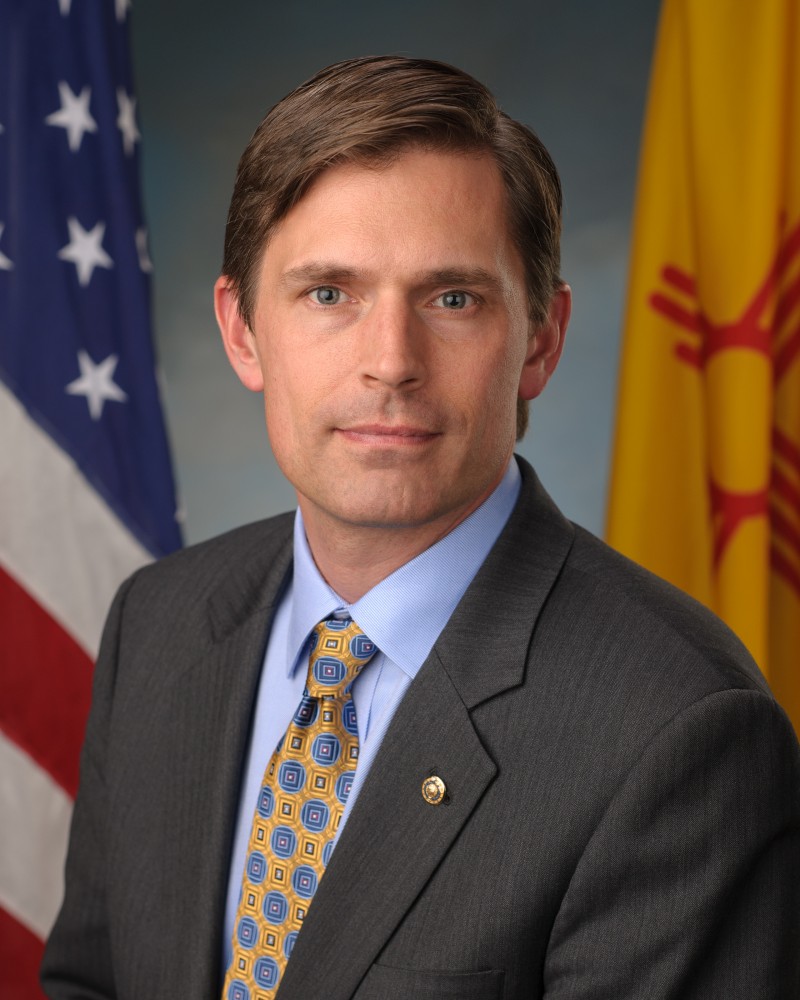
U.S. Sen. Martin Heinrich (D-NM) recently sent a public letter to President-elect Donald Trump expressing concern over the continuity of government operations for national security positions in the National Nuclear Safety Administration (NNSA) and the U.S. Department of Defense (DOD).
Heinrich’s concerns stem from a lack of high-ranking officials in charge of critical nuclear oversight and military management as the president-elect is sworn in on Jan. 20.
“As you know, on January 20, 2017, all of President Obama’s appointed federal positions are required to vacate their office unless they are requested by the incoming Administration to serve for an extended period of time,” Heinrich wrote. “With career civil servants in acting positions, important functions and decisions related to the $12.9 billion budget of the NNSA, nuclear weapons life extension programs, project plans, construction and personnel decisions impacting the workforce of over 25,000 employees will be put on hold pending confirmation of your administration’s nominees by the Senate.”
Heinrich noted that this would be the first time in the NNSA’s 16-year history in which there would not be any continuity in leadership during a presidential transition. In addition, the senator called attention to the DOD’s $582.7 billion budget and that the department required steady leadership to execute a number of important functions including the acquisition of major weapons systems, personnel benefits and healthcare, and technology development.
While Heinrich expressed concerns over the lack of high-ranking leadership, the senator said he welcomed Trump’s pick for Secretary of Defense, retired General James Mattis.
“I understand that new administrations, regardless of political party, bring new management and personnel, but the United States faces an increasing number of global threats – to include North Korea, Russia, China, Iran, and terrorist organizations across several continents – and we simply cannot afford to allow national security positions to effectively run on ‘auto-pilot,’” Heinrich concluded.




